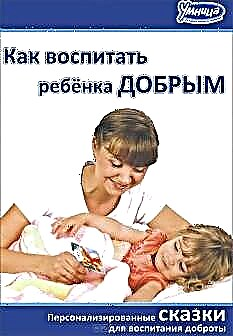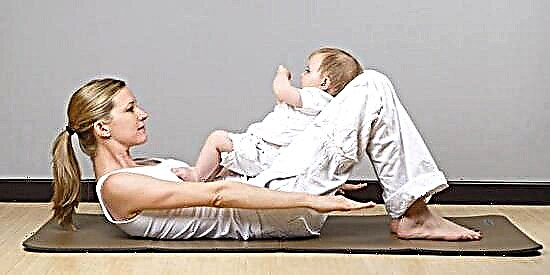
The appearance of hiccups in a child during the first months of life cannot be called a rare occurrence. For the first time, this symptom can occur during the period of intrauterine life, and it is associated, first of all, with the immaturity of the development of the baby's nervous and digestive systems. Most often, in a newborn, hiccups appear during and after feeding. Why is this happening, is it dangerous and how to help the little one?

Causes
The occurrence of hiccups after eating is caused by the functional immaturity of the digestive tract of a newborn baby, as well as a violation of the baby's feeding.
The provoking factors include:
- Fast feeding, in which the baby swallows a lot of air.
- Violation of breastfeeding technique.
- Mom has an excess of milk when the baby does not have time to swallow it and food comes in very quickly and in large quantities.
- Violations of the diet of a nursing mother, the result of which will be increased gas production.
- Incorrect transfer of the baby to the mixture.
- Incorrectly fitted nipple.
- Laying the baby down immediately after feeding (the air that the baby has swallowed remains in the stomach).
- Intestinal colic.
In some cases, hiccups after eating, especially if it does not stop for a long time and is not the only alarming symptom, may indicate the pathology of the digestive tract of the little one, for example, esophageal disease. Much less often, hiccups appear with damage to the central nervous system, for example, with a birth injury or an abnormality in the development of the brain.
In addition, this symptom appears with intoxication and infections that affect the brain. In this case, hiccups are not the only manifestation, but will be accompanied by an increase in temperature, a decrease in the weight of the child, lethargy, apathy, regurgitation, constant crying and other symptoms.

What to do?
Occasional attacks of hiccups that last for several minutes do not need to be treated. If you see that the hiccups cause the baby inconvenience or prevent the baby from falling asleep, you can distract the baby, for example:
- Give a warm drink - apply to the chest, give some mixture or warm water.
- Apply something warm to your tummy - a heating pad or heated diaper.
- Hold the baby with a column and wait for the eructation to appear.
If you have frequent hiccups, very prolonged hiccups (longer than an hour) or other adverse symptoms, take the baby to a doctor.
Prevention
If a violation of the baby's diet has led to the appearance of hiccups, it is important to prevent the appearance of such a symptom in the future. To do this, you should:
- Feed the baby so that his head and chest are slightly higher than the lower body.
- For some time after feeding, wait for the regurgitation of air and excess milk, and only then lay it on a horizontal surface.
- Feed the little one in a calm environment, without waiting for too much hunger, so that the little one does not eat too "greedily".
- When feeding with a formula, give food in small quantities, and also pay attention to the size of the hole in the nipple.
- When breastfeeding and colic, exclude gas-forming products from the mother's menu, for example, cabbage and legumes.

E. Komarovsky's opinion
A popular doctor confirms that overeating and rapid swallowing of milk provokes hiccups in newborns and infants. In addition, he draws attention to the fact that often the cause of this symptom is drying out of the mucous membranes, so mothers need to make sure that the baby is in comfortable conditions (the air is sufficiently humidified).
For more details, see the program of Dr. Komarovsky.



